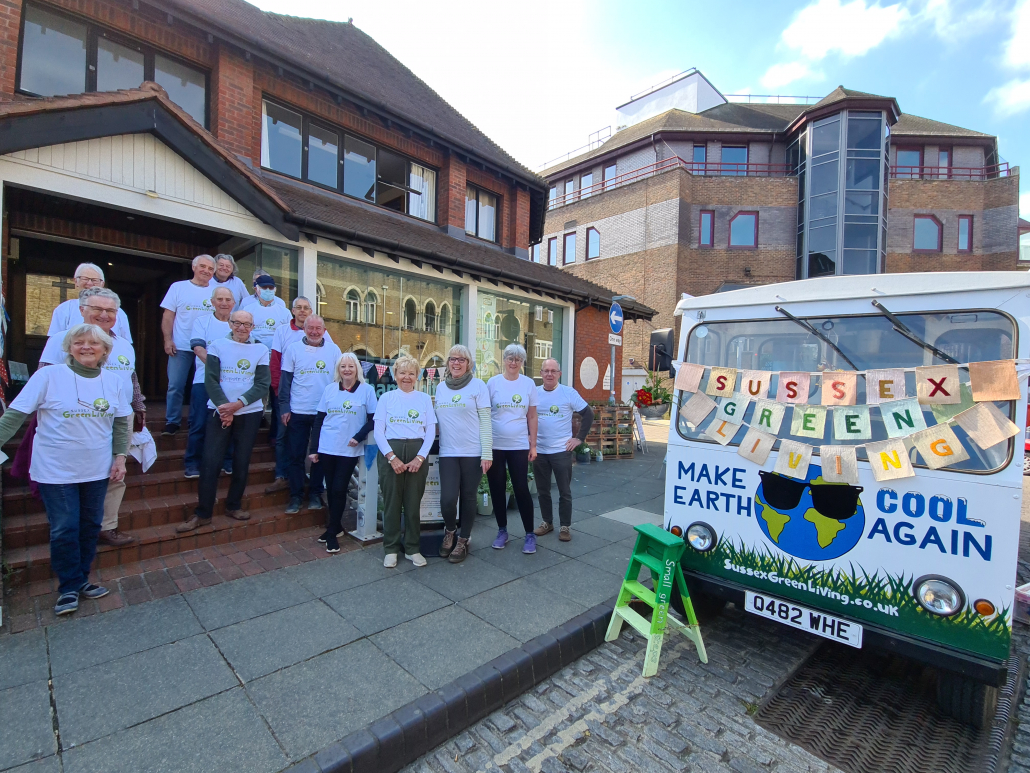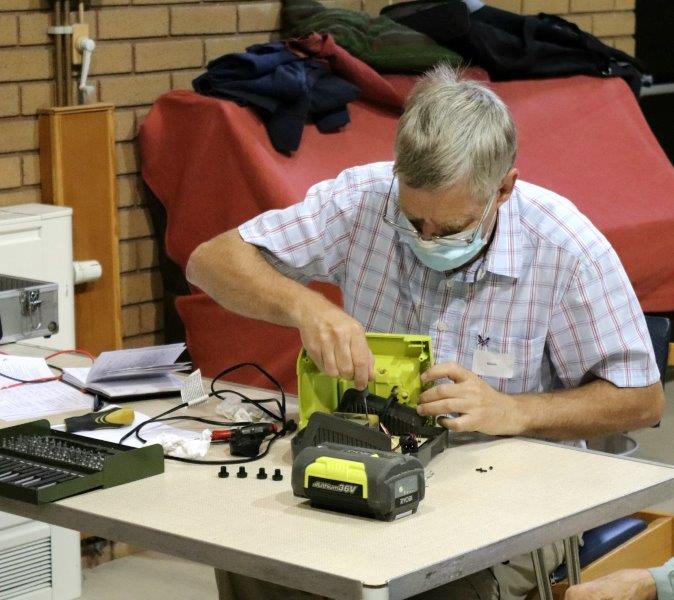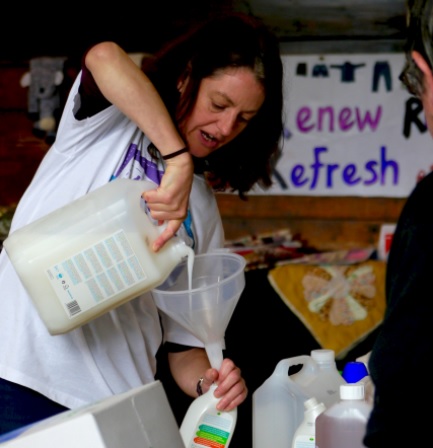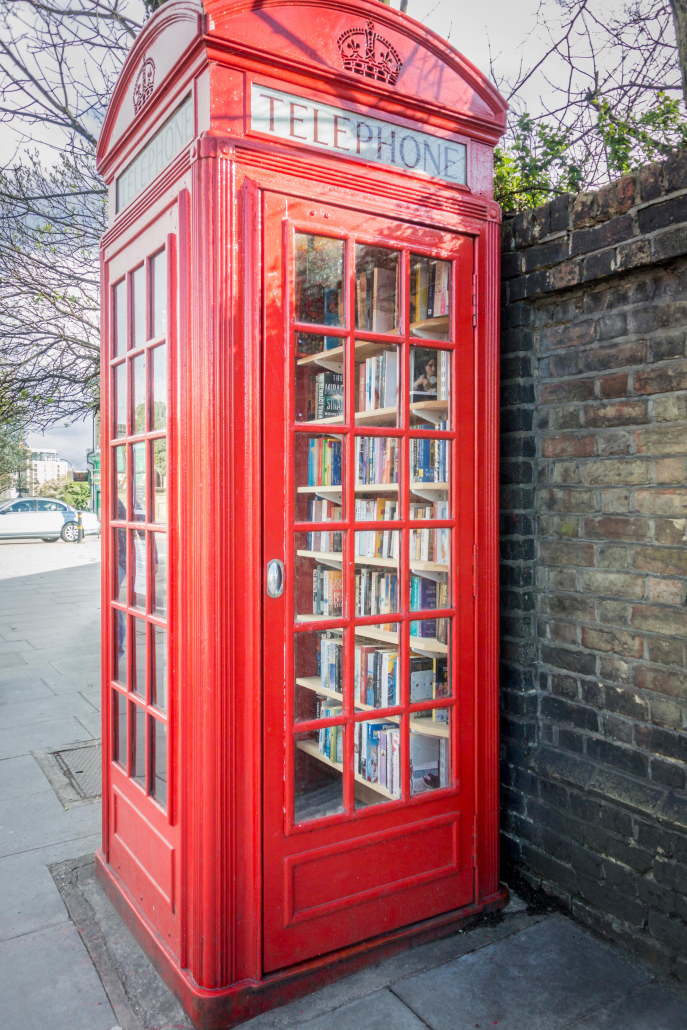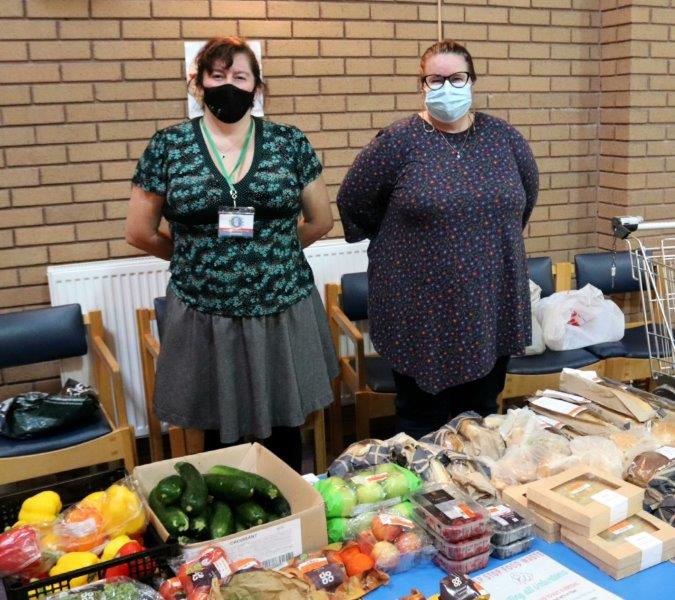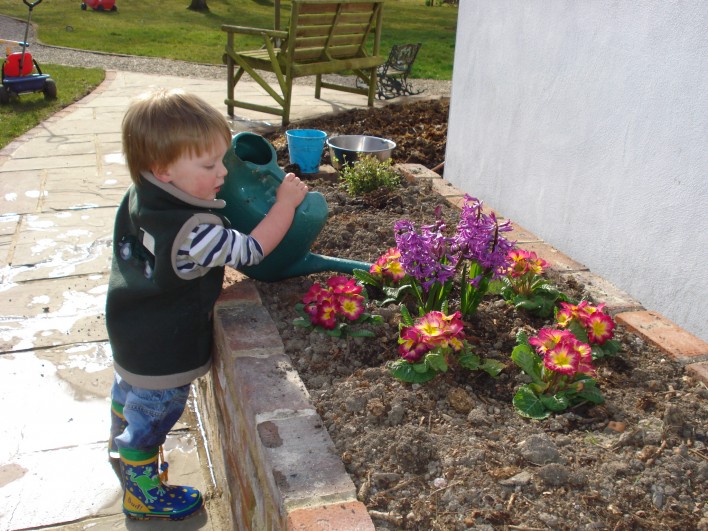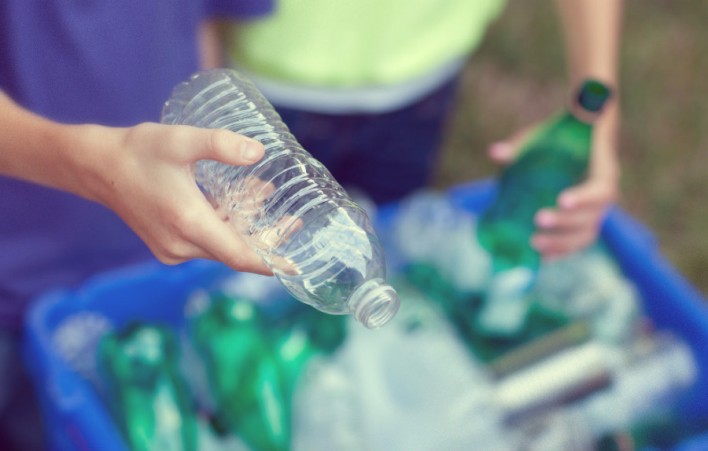How to Build a Thriving Community
Creating thriving communities helps people connect to others, build social relationships and benefits mental and physical health. It can also have a positive impact on the local environment.
Thriving Communities embrace the bigger picture of ‘Where does it come from?’, ‘Where does it go to?’ and ‘What is the consequence of this?’. By answering these questions and finding solutions that suit your community whether it is setting up recycling schemes, refill shops, community allotments or repair cafes to have a positive impact on the local environment.
Creating thriving, happy connected regenerative communities who restore nature for people and planet can take many iterations. These may include looking at the 7 Rs: (1. Rethink, 2. Refuse, 3. Reduce, 4. Refill, 5. Repair 6. Repurpose, 7. Reuse and 8. Recycle).
Here are some ideas and suggestions for how to create a thriving community:
Community Hub/café
Creating a community hub to meet and share ideas is a great way to inspire and support the local community. Think about the key areas your community want to focus on and include these at the hub. The Sussex Green Hub is held once a month in Horsham and includes:
- Horsham Repair Café with repairs (booking required)
- Horsham Community Fridge
- Zero waste shop including household and personal care product refills
- Refreshments
- Renewable Energy advice
- Gardening inspiration
- Reducing carbon footprint assessment and advice
- Recycling advice
- Transition Horsham who many focus on allotments, growing and seed/planting/produce exchanges
Repair and Reuse
Did you know that repairing a product and then reusing it reduces CO2e on average by 24kg per repair?
Not only is this a benefit to the planet but also saves money from not having to buy a replacement. Repair cafes are becoming more popular (we’re sure Jay Blades has something to do with it!) with over 170 cafes now in the UK along.
The Horsham Repair Cafe was the first repair cafe in West Sussex, at the time of writing there are 18 in West Sussex 9 of which are in Horsham District. Locate your nearest Sussex repair cafe here or further afield here www.repaircafe.org
We have helped to mentor about 35 other repair cafes, if you would like to receive a copy of our ‘Guide to setting up a repair cafe, please just ask by filling in our contact form.
Zero Waste Shops
Many products can now be purchased in refill pouches from the supermarkets, although these are lighter and less packaging, the pouches are hard to recycle. A much better option is refilling your existing bottle with household cleaning or personal hygiene products. However ever better is to purchase concentrated products i.e. bare bars and laundry sheets, they we are not transporting the water element, which is usually about 85% of the product, thus reducing weight of shipment, packaging and the need to recycling.
Our Sussex Green Hub hosts a zero waste shop once a month and our products can be seen here also provides details of all the zero waste/refill shops we know about in Horsham District and some in West Sussex.
Why not look to set up a zero waste/refill shop in your community either household and personal products or food or both! Or alternatively create a list of local shops that already offer the service.
Refill Locations
Refill is an award-winning campaign from City to Sea to help people live with less plastic. Anyone can download the free app to tap into a global network of places to reduce, reuse and refill. From a coffee on your commute to drinking water on the go, or even shopping with less plastic. Refill puts the power to go packaging free at your fingertips. By providing a framework and platform for communities, businesses and consumers to take action Refill are supporting the transition towards reuse systems and tackling the global issue of plastic pollution by reducing waste.
A Library of Things
Borrowing rather than Buying
There are so many products we purchase that we need but only use infrequently, for example, DIY tools. A recent survey by Burton Roofing indicates that over a third of Brits (37%) are only using their tools for household DIY tasks every few months at the most, whilst 1 in 10 have NEVER used their tools despite investing the money to purchase them. Surely it would be better to borrow rather than buy?
We all love a library so why not take the library concept and try it with other products? Some communities have done just that. The Library of Things concept has several locations across London and residents can borrow items for days or weeks at a time for a small fee.
Guildford Library of Things is a partnership between Surrey Library Service and Zero Carbon Guildford, and houses a small but useful collection of tools and other items which can be borrowed by library members. It includes a sewing machine, power washer, spot carpet cleaner, drill (and three collections of drill bits), gardening tools and DIY tools, amongst other items.
Horsham Maker Space run Horsham Tool Library
Why not start simple with your own community library of things with one of the ideas below:
Book library – how about using an old telephone box as a book and toy exchange?
Tool share – garden tools, power tools, decorating equipment
Baby and toddler baby bundle library – make up clothes bundles for the different ages, people pay a deposit of for example £20, use the clothes, then return that bundle and exchange for the next size up when the baby or child has outgrown the clothes.
Community Energy
We know that generating electricity from renewable sources is vital to reduce our use of fossil fuels. As we move away from oil and gas we need to increase our electricity supply significantly. This includes local schemes which benefit both the individuals who invest and the community, through local democratic involvement and funding for community projects.
Community Energy Horsham is helping to bring energy projects to Horsham District.
To learn about community energy in other areas visit Community Energy England.
Community Food
Shop Local
Encourage your community to buy local and support local shops and farmers. This benefits the local economy as well as reducing car journeys from travelling to other towns for shopping. Set up a local campaign to encourage your community to ‘shop local’, buy only what you need and support your town. Find out more about shopping local
Local farm shops are also a good bet as they often have locally sourced foods as well as products from their farm. Much of the produce is supplied loose so you can minimise packaging and food miles.
Alternatively, if you don’t (or can’t) grow your own, why not try pick your own. It is a great activity to do with the family. Try this website to find a pick you own farm near you.
Excess Apples
In Cowfold, local people can take their apples to Trenchmore Farm and exchange them for cider. If you have too many apples growing in your garden why not set up a cider making group?
Reduce Food Waste
25-30% of global carbon emissions are created by growing and producing food so reducing food waste helps the planet. Work with local businesses to create a Community Fridge. A Community Fridge collects food that is close to its Best Before date and redistributes it through the community. There are about 350 community fridges across the UK and they exist to reduce food waste and foster a spirit of sharing and mutual support within a community. They are not a food bank and open to anyone with the most frequent items moving through the fridge often being fruit and veg.
Fare Divide helps communities in West Sussex to start and manage a community fridge in their area.
Renature your Community
Biodiversity is declining faster than at any time in human history. Since 1970, there has been on average almost a 70% decline in the populations of mammals, birds, fish, reptiles and amphibians. The UK is one of the world’s most nature-depleted countries – in the bottom 10% globally.
Creating space in your community for nature will benefit local wildlife as well as the local residents.
- Set up a community allotment or community herb bed.
- Plant fruit and nut trees lining the street, help yourself as you walk by
- In shared spaces, plant sunflowers and other pollinator friendly plants to help bees and other pollinators. Don’t forget to include some plants for nighttime visits from moths. Check out some tips to renature you garden
Local Recycling Schemes
When thinking about sustainable living, recycling is often the first thing that comes to mind. However, reducing packaging and consumption, reusing, refilling, repairing and repurposing are all MORE beneficial. Did you know that hard plastic for example, can only be recycled 5-10 times before the quality of the material can’t be used again and it ends up in landfill? Soft flexible plastics which can now be recycled through the supermarkets or TerraCycle schemes are only recycled once. TerraCycle materials get made into rigid plastic products also known as ‘hard plastic’ to make new products such as a bench or a watering can. Learn more about our TerraCycle recycling in Horsham District here, or if you live in another area find your nearest TerraCycle drop off location here.
However, if you can not avoid the packaging, then ensuring the packaging is properly recycled is better than landfill. The local council takes more and more products for recycling but it is always good to check with your local council to see what can go in your household recycling bins. For items that can’t there are alternative recycling schemes. Learn what can be recycled in West Sussex here.
Setting up single-use plastic recycling schemes for products not taken by the local council would be a great addition to a thriving community, whether its printer cartridges or toothbrushes. To find out more about how to set up a community recycling scheme.
Other Useful Contacts
Climate emergency centres (UK) www.climateemergencycentre.co.uk
South East Climate Alliance (Kent, Surrey, Hampshire, East and West Sussex) www.seclimatealliance.uk
Garden sharing (global) www.lendandtend.com/
Community food networks (UK) https://www.incredibleedible.org.uk/

